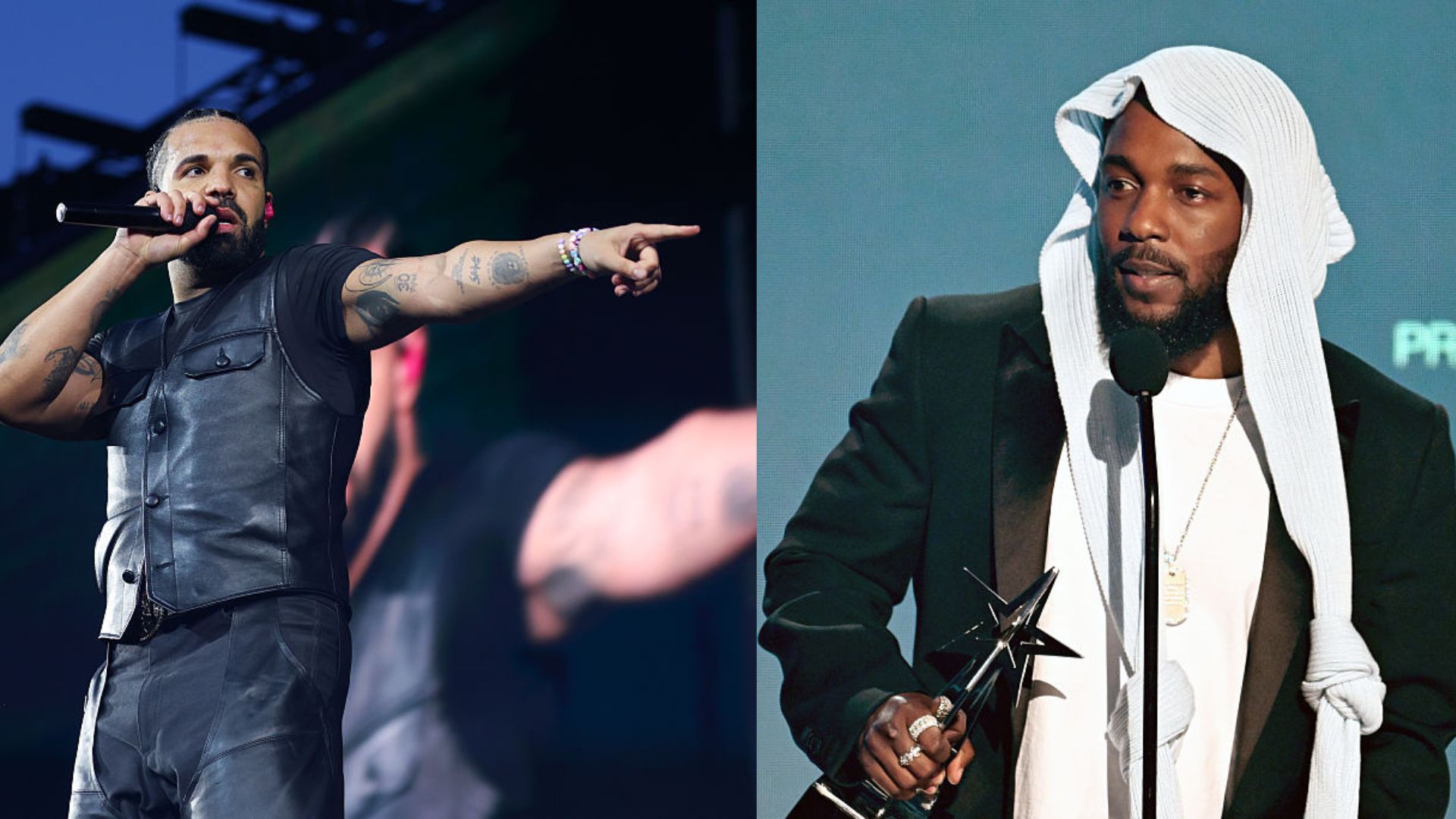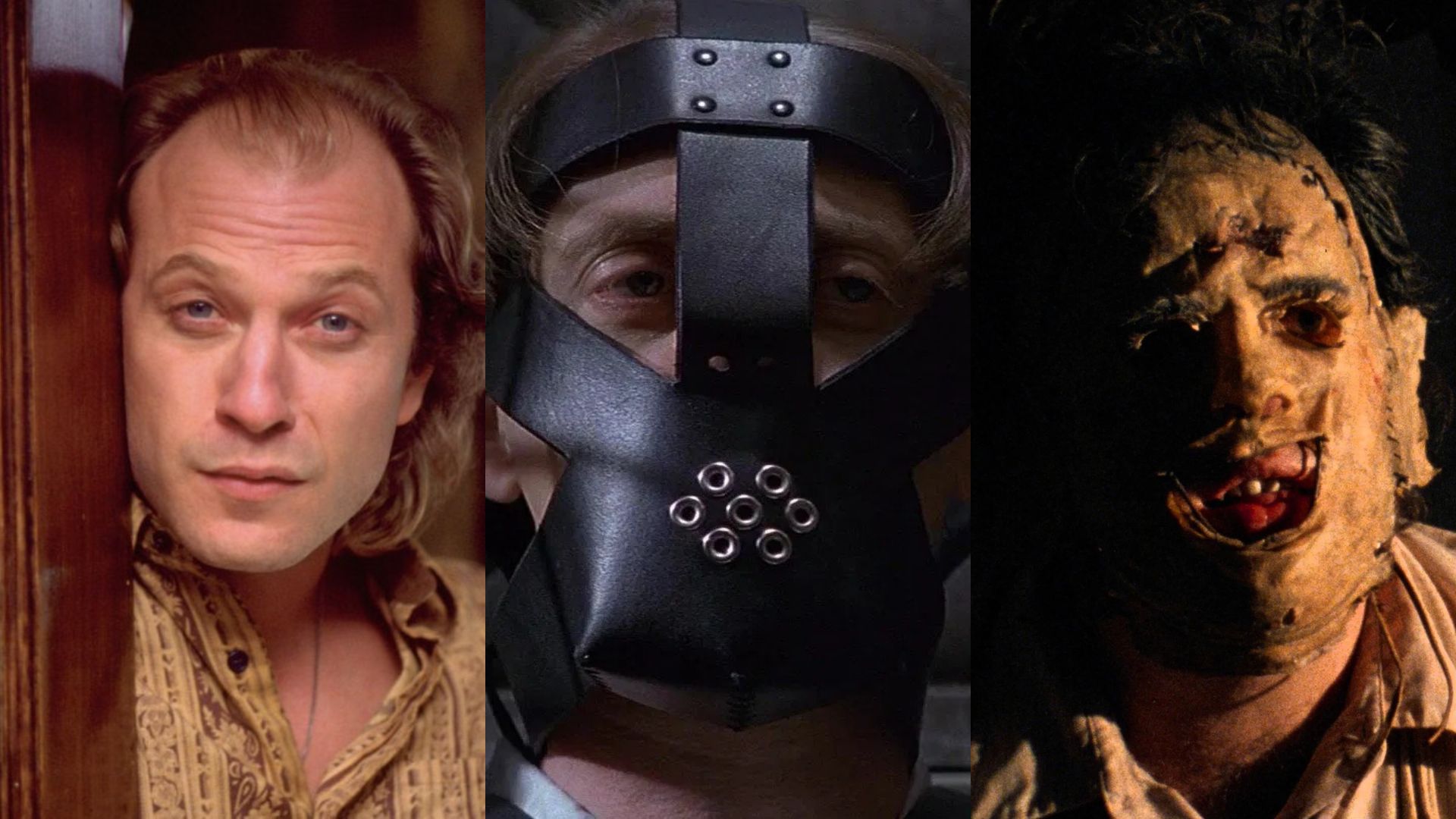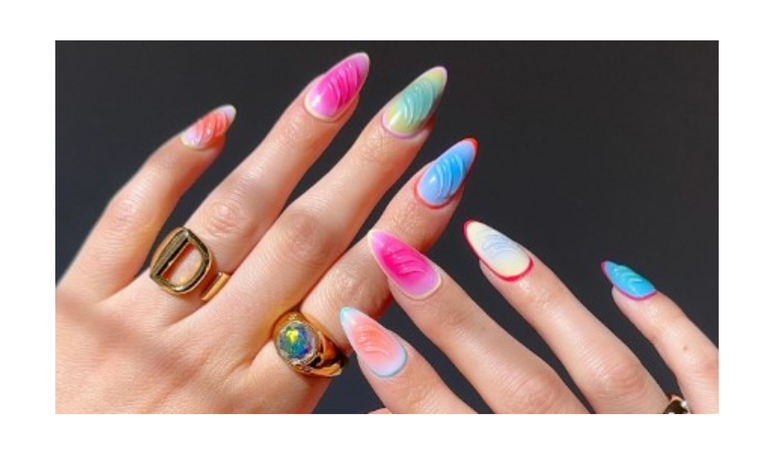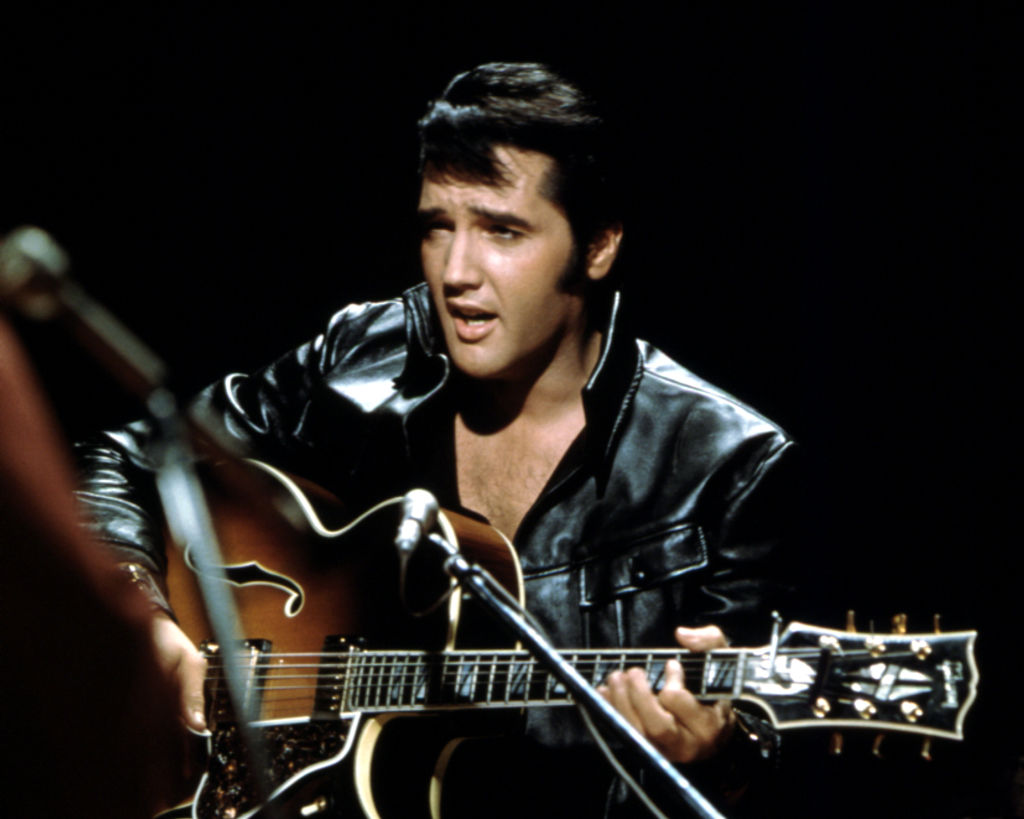Judge rules diss track lyrics are “non-actionable opinion” and not defamation
The defamation lawsuit filed by Drake against the Universal Music Group (UMG) it was formally rejected by a federal court in the United States. The judge Jeannette A. Vargas considered that the accusations contained in the song “Not Like Us”from Kendrick Lamaramount to artistic and hyperbolic speech, with expressions not subject to legal action for defamation.
Drake had triggered the UMGclaiming that the record company promoted and benefited from a song that falsely accused him of pedophilia, damaging his public image. He alleged that the company had orchestrated the track’s success through secret deals, inflating its reach to denigrate its brand.
In the decision, Vargas pointed out that in the context of a public rap battle, a reasonable listener would be unlikely to interpret the lyrics as factual statements. The judge pointed out that “Not Like Us” falls into the genre of insults, exaggerations and rhetorical language — elements protected by freedom of expression under the American First Amendment.
THE UMG celebrated the rejection of the case, stating that the process represented “an attack on artistic freedom” and should never have been filed. The team of Drakein turn, has already indicated that he intends to appeal the decision.
The legal clash between Drake and UMG behind the diss track
In January 2025, Drake opened a case against the UMGalleging that the record company deliberately promoted and profited from the song “Not Like Us“, from Kendrick Lamar. The track contained serious accusations against Drake — including pedophilia — which, according to him, caused irreparable damage to his reputation. Drake did not include Lamar as a defendant, but held the UMG for “publishing and promoting a false and malicious narrative.”
The defense of UMG argued that the speech falls into the typical genre of “diss tracks”, full of hyperbolic rhetoric and extreme insults. According to the record company, a reasonable listener would not interpret these lyrics as statements of fact. In April 2025, the UMG tried to suspend the discoverybut the request was denied — allowing lawyers to Drake requested documents and statements about the record company’s internal contracts.
With the decision handed down and the indication of an appeal by the Canadian team, it remains to be seen whether new evidence, adjustments to the process or extrajudicial agreements will emerge that redefine this clash between art, freedom of expression and corporate responsibility.
-
Drake
-
Kendrick Lamar
-
universal music group
Source: Rollingstone
Emma Jack is a writer at Gossipify, covering fashion, beauty, lifestyle, and pop culture trends. She stays current on the latest trends and offers readers up-to-date information on what’s hot in the industry. With a background in fashion journalism from Parsons School of Design, she offers a unique perspective and analysis of current trends.









